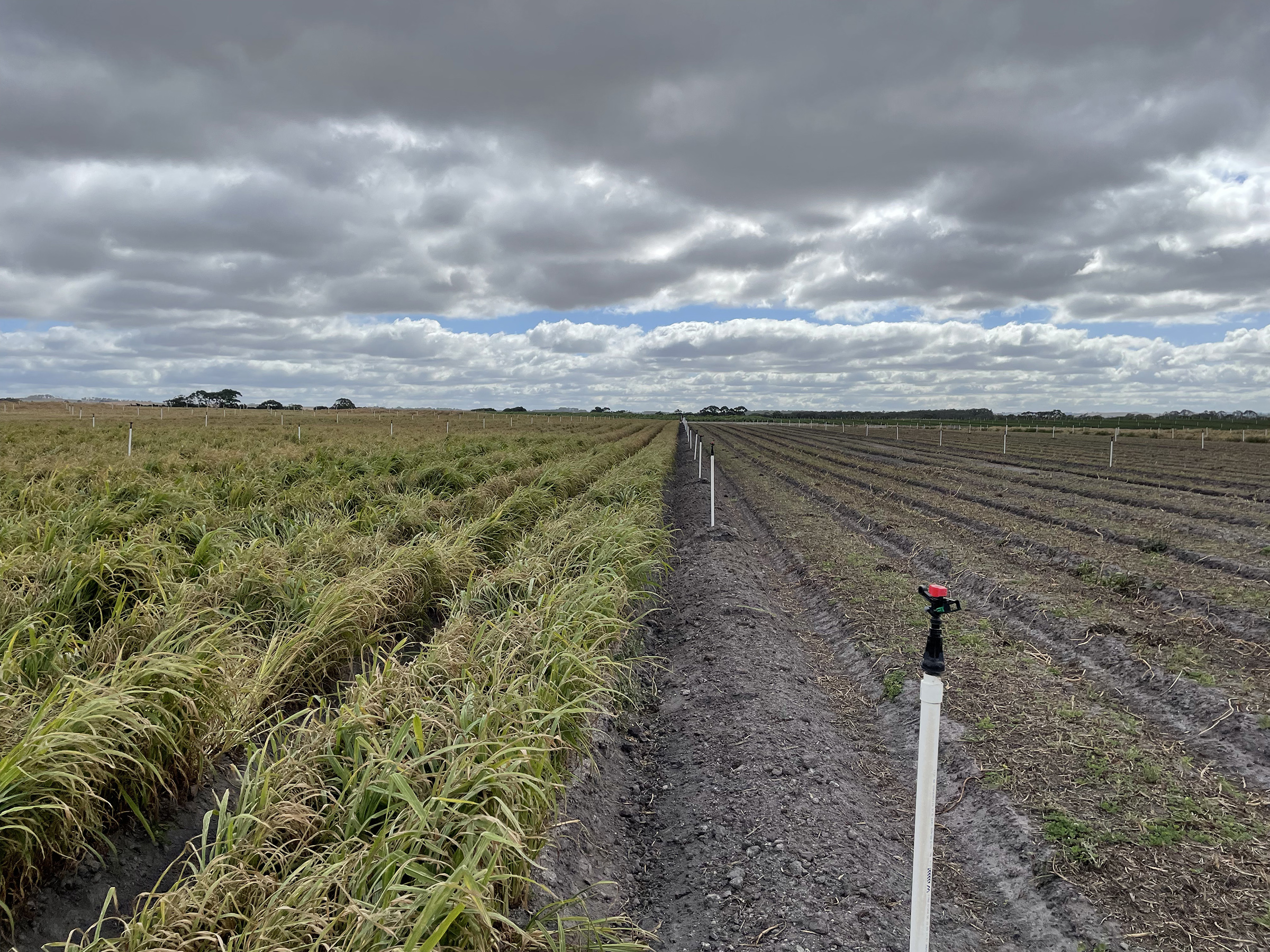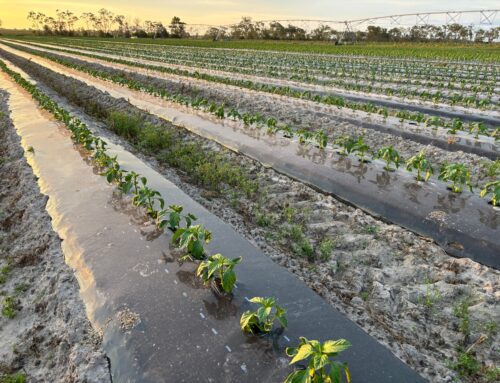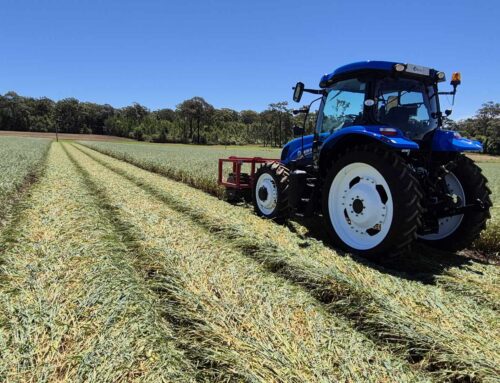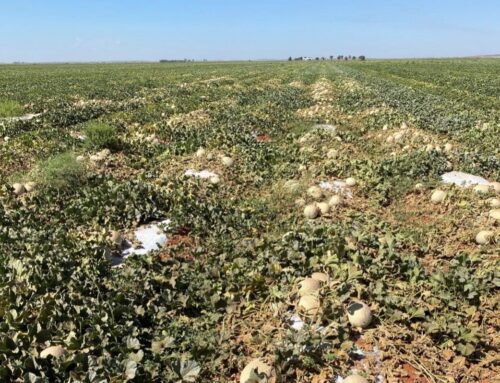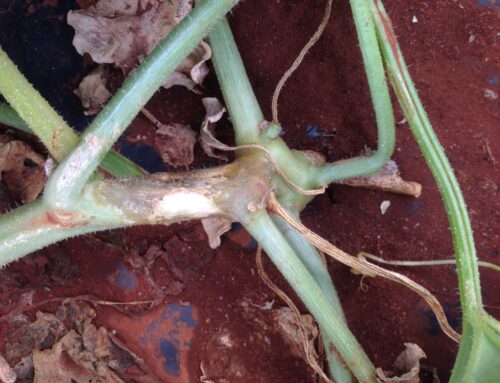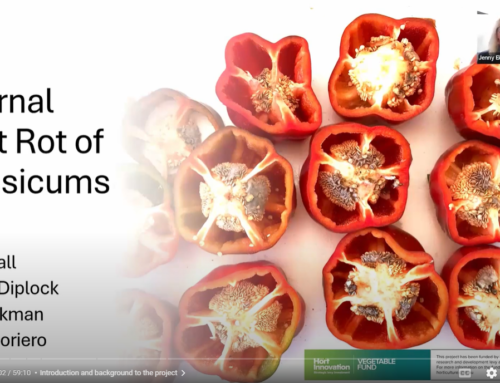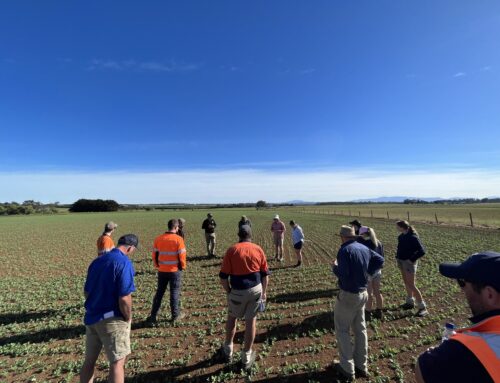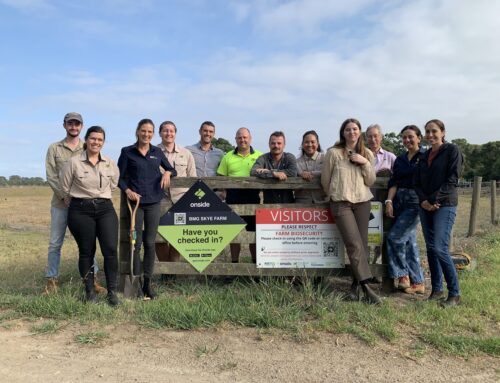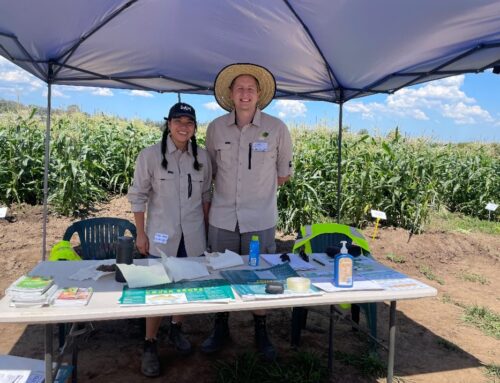A trial is underway to maintain soil carbon at a vegetable farm in South Gippsland, Victoria by using minimum till, cover cropping and compost.
Soil carbon is important for soil health and nutrient holding and cycling capacity for growing healthy and productive crops. Soil organic carbon is determined by the dynamic factors including soil type, land use, and soil management practices undertaken, including fertiliser additions that contribute nutrients other than carbon. Soil labile carbon is a good instantaneous measurement of soil biological activity.
The most effective treatment in the trial has been the combination of cover cropping and minimum till that have minimised soil carbon loss through avoided bare fallow and disturbance.
This case study outlines the importance of soil carbon in vegetable production and presents the results from Years 1 and 2 of the demonstration site.

